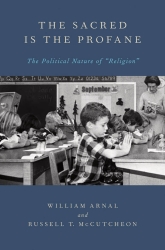
In a church in the suburbs of Belfast, there is a stained-glass window which takes its title and its subject matter from a line in one of this week’s lectionary readings (from chapter 22 of the Book of Revelation, or the Apocalypse of John): “The leaves of the tree were for the healing of the nations”. At the time of its installation (1920, one year before the partition of Ireland into North and South), this window – along with other works by the artist Wilhelmina Geddes – caused a stir by its Arts-and-Crafts Movement modernism. “Her glass is quite unlike that of most other stained glass workers”, according to the Irish Times; “the religion which it reflects is the religion of power and fighting, not the religion of peace and restfulness”.1 I saw this window on a brief trip to Belfast last October….


